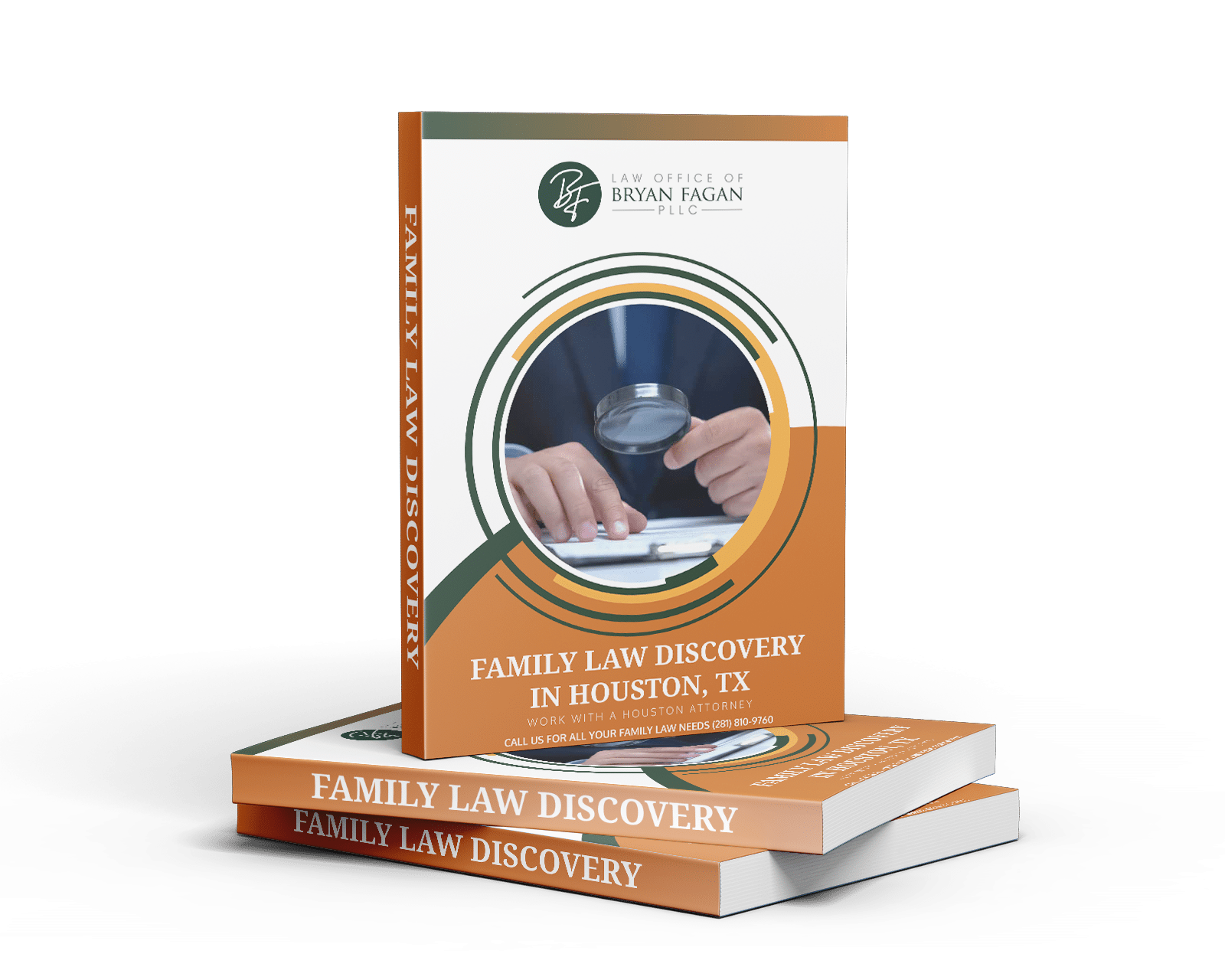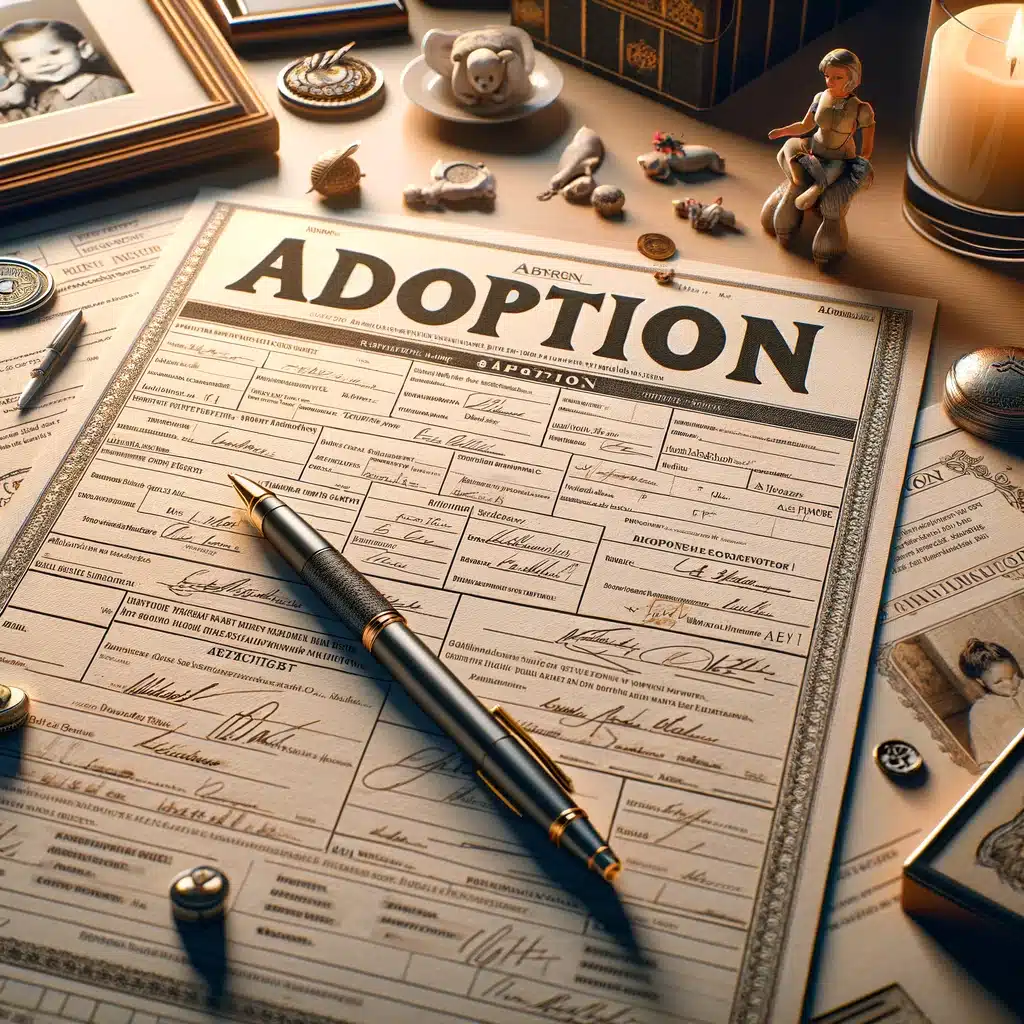Some legal decisions carry deep personal meaning. One of them is adult adoption. In Texas, this process allows someone to become a legal parent to another adult. It might sound unusual, but it often reflects a bond that’s already been there for years. People use adult adoption to formalize relationships, secure inheritance rights, or simply change their legal identity. Understanding what is adult adoption helps shed light on how families can build legal ties, no matter their age.

What Is Adult Adoption?
Adult adoption happens when one adult legally adopts another adult in Texas. The adoptee must be at least 18 years old and must give written consent. This process legally recognizes the relationship as that of parent and child, granting the same rights and responsibilities as a biological connection. These include inheritance rights, legal status, and access to family benefits.
Why Do People Choose Adult Adoption in Texas?
Adult adoption can meet several personal and legal needs. Below are the most common reasons it takes place.
Formalizing a Lifelong Bond
Some adults were raised or supported by someone who wasn’t legally their parent. Adult adoption lets them make that relationship official.
Estate and Inheritance Planning
Adoption gives the adult adoptee the legal right to inherit like a biological child, even without a will. This helps avoid disputes and simplifies asset distribution.
Legal Identity and Name Change
People who wish to change their legal identity to match someone meaningful in their life can use adoption as the legal route.
Medical and Legal Authority
Once adopted, the parent and child may gain the ability to make medical and legal decisions on each other’s behalf if no other directive is in place.
Requirements for Adult Adoption in Texas
The rules for adult adoption are far simpler than for child adoption.
Consent from Both Parties
Both the adoptive parent and the adult adoptee must agree to the adoption. The adult being adopted must sign a consent form and typically appear in court.
No Termination of Parental Rights
Unlike with children, adult adoption does not require the biological parents to give up any rights. Their legal status remains unchanged.
No Home Study or Background Checks
Texas courts do not require home inspections, counseling, or social worker involvement for adult adoptions. The process focuses on consent and intent.
The Legal Steps in Adult Adoption
The adult adoption process involves paperwork and a court appearance, but it’s relatively direct.
Step 1: Filing the Petition
The adoptive parent starts by filing a petition with the local court. This includes details about both parties and a request to establish the parent-child relationship.
Step 2: Consent and Documentation
The adoptee must sign a written consent form. If they cannot attend the hearing, the form must include a valid reason.
Step 3: Court Hearing
The judge will review the petition, ask basic questions, and confirm that both parties consent. The adoptee usually attends, unless excused.
Step 4: Final Order
Once the judge approves the adoption, they issue a decree. This finalizes the new legal relationship. The adopted adult may also request a name change at this stage.

What Adult Adoption Does Legally
Once finalized, adult adoption in Texas grants full legal rights and responsibilities between the parties.
Inheritance Rights
Adopted adults become legal heirs. If the adoptive parent dies without a will, the adopted adult can receive a share of the estate just like a biological child.
Birth Certificate Update
The adoptee can request a new birth certificate listing the adoptive parent. This is optional but often used when a name change is also requested.
Legal Recognition
Texas law treats adopted adults as full legal children. This recognition can help with benefits, insurance, and legal authority in emergencies.
Can You Adopt a Romantic Partner?
Texas courts do not allow adoption as a workaround for marriage, immigration fraud, or other legal shortcuts. If the adoption seems to serve any inappropriate or unlawful purpose, the court may deny it. A romantic relationship between the parties may be a red flag during the court’s review.
Can You Adopt Someone Older Than You?
Yes. Texas does not require the adoptive parent to be older than the adoptee. The court only needs to see valid consent and a lawful reason for the adoption. However, a large age gap or unusual circumstances may raise questions the court will want answered.
Can the Adopted Adult Change Their Name?
Yes, the adopted adult may request a legal name change as part of the adoption. The court usually grants this unless there’s a compelling reason not to, such as fraud concerns or criminal history.
What Adult Adoption Doesn’t Do
Although it grants many rights, adult adoption has limits.
It Doesn’t Erase the Past
Adoption does not cancel past legal obligations like child support. It also doesn’t void the legal status of biological parents.
It Doesn’t Guarantee Immigration Benefits
Adult adoption doesn’t automatically lead to legal residency or citizenship. U.S. immigration law does not treat adopted adults the same as adopted children under 16.
It Doesn’t Avoid Estate Challenges
While adult adoption strengthens inheritance rights, it doesn’t block others from contesting a will or estate plan. Proper legal documentation is still needed.

Do You Need a Lawyer?
Texas does not require a lawyer for adult adoption, but hiring one can help avoid delays and rejected filings. An attorney can:
- Prepare the petition correctly
- File it with the right court
- Guide both parties through the hearing
- Help with related issues like name changes or estate planning
This can be especially helpful if the adoption involves large assets or complex family dynamics.
Adult Adoption Is a Legal Tool with Personal Value
Many families in Texas have strong emotional bonds that were never legally formalized. Adult adoption gives people the option to legally recognize that bond and enjoy the same protections that biological families receive. The process is quicker, simpler, and less invasive than adopting a minor.
Texas law supports this path by keeping the requirements minimal and focused on consent. Whether you want to honor a lifelong relationship or secure future rights, adult adoption could offer the structure you need.

Adoption Ebook
 If you want to know more about what you can do, CLICK the button below to get your FREE E-book: Adoption E-Book
If you want to know more about what you can do, CLICK the button below to get your FREE E-book: Adoption E-Book
Other Related Articles
- Texas Adoption FAQs
- Open versus Closed Adoptions: What is the difference?
- Will a Texas divorce impact my adoption?
- Adult Adoption in Texas: Why, When and How does it affect inheritance?
- Private adoptions in Texas
- Adoption and sperm donation in Texas
- Stepparents and Adoption in Texas: Expanding Your Family
- Step-parent adoption in Texas: How it works and how to get started
- Adoption options in Texas: What you need to know
- Texas Family Law Courts: Adoption and Modification Cases
- Advice for adopting your stepchild in Texas
Frequently Asked Questions
Yes, it is possible to adopt someone over the age of 18 in Texas through the process of adult adoption.
Yes, if you are over the age of 18, your step dad can still adopt you in Texas as long as both parties consent to the adoption.
Yes, there is no maximum age limit for adult adoption in Texas. As long as both parties consent to the adoption, your step dad can adopt you even if you are 30 years old.
There is no specific maximum age for adoption in Texas. Adult adoption allows individuals of any age to establish a legal parent-child relationship.
Adult adoption is still a valid legal process, but it may not be as commonly practiced as child adoption. The reasons for this may vary, including cultural shifts, societal norms, and the fact that adult adoption often occurs within specific familial or personal contexts.
Every individual’s experience is unique. While some adopted adults may have specific feelings or emotions related to their adoption, others may not feel significantly different from those who were not adopted. It’s important to recognize and respect each individual’s personal journey and emotions.
Adoption can sometimes trigger complex emotions and feelings of abandonment, but it is not a universal experience for all adopted adults. Each person’s experience varies, and some adopted adults may have concerns or questions about their biological origins. Support and counseling services are available to help address these issues if needed.




